Division of Educational Psychology
Course Description
Graduate Programs
This division offers four areas of study: Psychology of Learning and Instructional Developmental Psychology, Educational Cognitive Sciences,
and Educational Information Sciences. In the first area, we examine how knowledge is gained and used at schools and kindergartens. In Developmental
Psychology, we focus on children’s emotional and cognitive development. Educational Cognitive Sciences deals with people’s cognitive activities inside and outside school. In Educational Information Sciences, we explore how to measure and analyze human behavior by using statistics. We aim to foster researchers who share these broad perspectives and specialized techniques.
Undergraduate Programs
Educational psychology focuses on the areas of development, learning, cognition, personality, clinical practice, social behavior, assessment, measurement and disorder. The lectures and seminars are designed to cover these areas.
Other than those mentioned above, we offer “Experiments in Educational Psychology,” which every student is required to take. In this seminar, students learn various methods for conducting research in educational psychology, such as experiments, tests, observation, interviews and data analysis. For this purpose, visits to correctional, welfare and medical facilities are also organized. After
completing these basic studies, students choose their specialized fields according to their interests, and pursue specific research.
In addition to these lectures and seminars, the students receive guidance for their graduation theses during their fourth year. They are free to choose their own themes. In writing theses, students
are encouraged to collect and analyze data through experiments, observations, tests and other techniques, as empirical evidence is emphasized in research on educational psychology. (Titles of recent theses can be found in the following pages.)
Staff
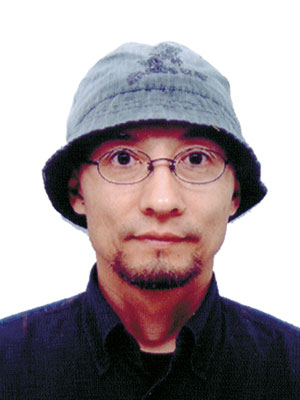
Takeshi OKADA
Professor (Educational Cognitive Sciences)
I am interested in the process of how ideas are born and developed. Focusing on the creative activities of artists, I aim to answer such questions as: “How do artists create?” and “How are original ideas born?” To do so, I use a multi-method approach — first, creating a hypothesis on cognitive activities in creative processes based on fieldwork, and then verifying the hypothesis through psychological experiments.
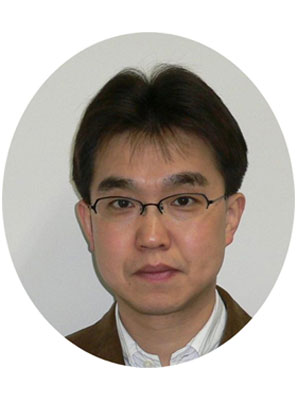
Toshihiko ENDO
Professor (Developmental Psychology)
I am concerned about the factors that influence the attachment relationships formed between children and their caregivers in early life, and investigate how individual differences of the quality of early attachment affect children’s later socio-emotional development. I also study how a variety of emotions emerge and develop in early childhood and what impacts they have on children’s physical and psychological functioning from evolutionary and cultural perspectives.
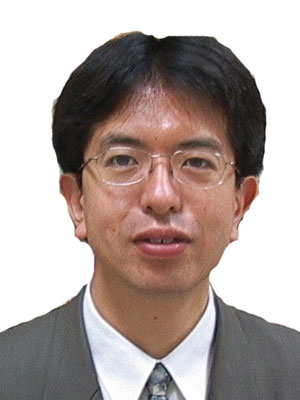
Nobuyuki FUJIMURA
Professor (Psychology of Learning and Instruction)
Affiliated with the Division of Curriculum Development
I am interested in the processes by which children understand mathematical and (natural and social) scientific concepts, and also in planning lessons that encourage those processes. I use an educational psychology approach to conduct research in collaboration with elementary and high school teachers, by using individual experiments, interviews, written questionnaires, and analysis of remarks made by students during lessons and of worksheets.
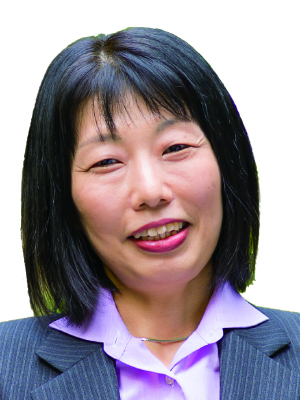
Etsuko HARYU
Professor (Developmental Psychology)
A child who seems truly powerless when born will eventually learn how to speak, behave compassionately, and cope with new problems. I hope to find out how this seemingly natural change occurs. I am particularly interested in how children acquire languages and how their view of the world is structured as they acquire languages.
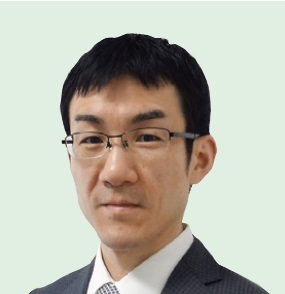
Kensuke OKADA
Associate Professor (Psychological Statistics)
My research interest is in statistical modeling of psychological, educational, and behavioral data for better understanding of human behavior. To this end, my lab members and I are conducting research on application and theory of Bayesian statistics. I believe this is an exciting area of research with deep scientific questions and with a wide variety of potential applications.
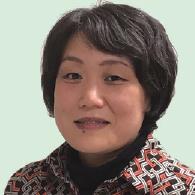
Sachiko KIYOKAWA
Associate Professor (Psychology of Learning and Instruction)
My goal is to clarify what processes occur in collaborative problem solving. I am particularly interested in the effects of verbalization on problem solving. I also want to know how higher-order cognitive processes such as insight problem solving, idea generation, and implicit learning progress and how to facilitate them.
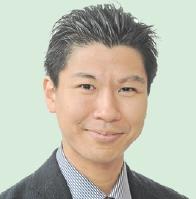
Satoshi USAMI
Associate Professor (Psychological Statistics)
My general interests are developing and applying statistical methods for behavioral science. Methodologically, my current lines of research include (a) latent growth curve modeling for evaluating within-person changes and its individual differences, (b) developing and investigating the unified framework for longitudinal models to examine reciprocal relations between longitudinally observed variables, and (c) within-person variability score-based causal inference for joint effects of time-varying treatments. In addition, I am collaborating with substantive researchers on a number of topics relating to educational, psychological and medical research.
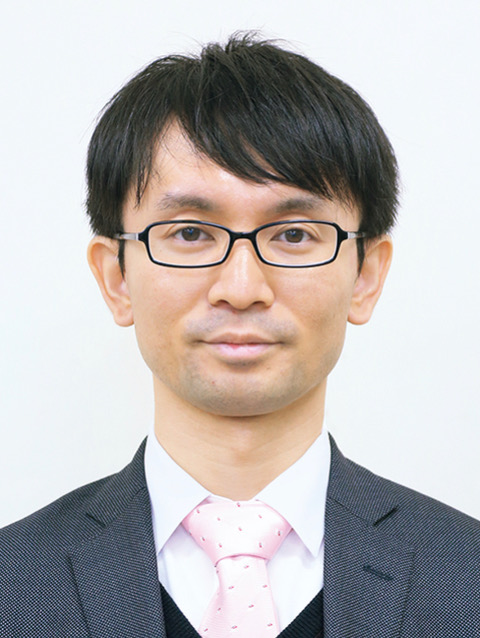
Tomonori ICHIYANAGI
Associate Professor (Psychology of Learning and Instruction);
Affiliated with the Division of Professional Development of Teachers
My major is research on the learning and developmental processes of children and teachers in schools, and the sociocultural environment that supports these processes. In particular, I focus on communication through language (spoken, written, and nonverbal), while exploring how children learn and how teachers design and support their learning. In recent years, using elementary and junior high schools as a field, I have been examining teachers’ practical knowledge for organizing inquiry and collaborative children’s learning.
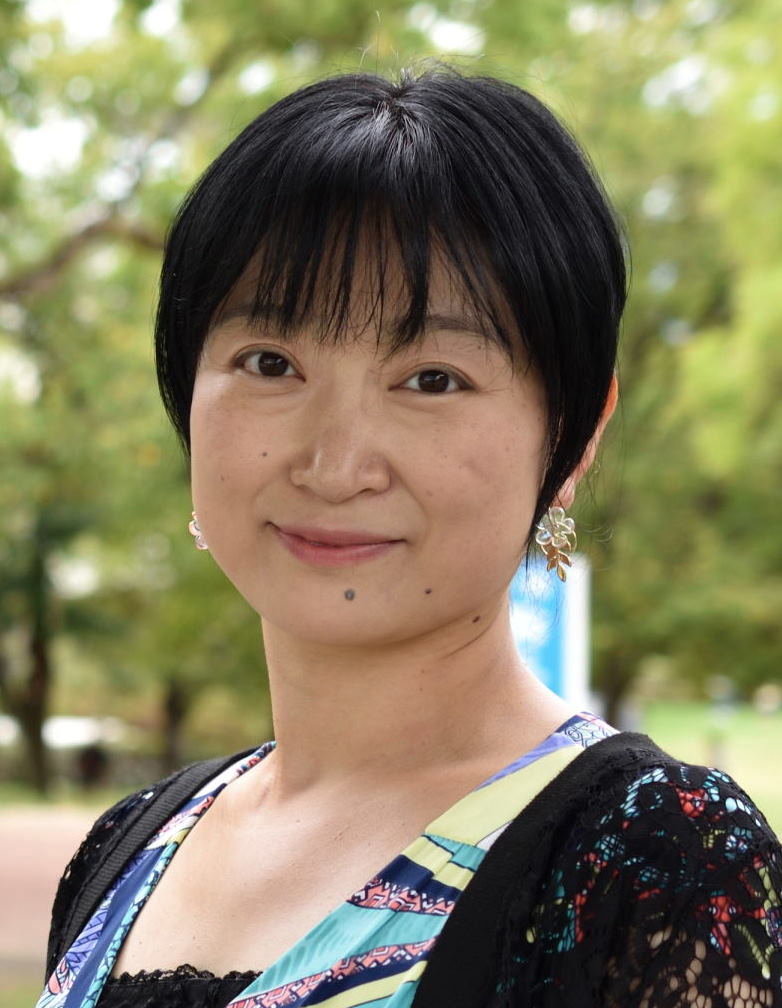
Yuri UESAKA
Associate Professor (Educational Cognitive Science)
I am interested in addressing problems found through educational practices undertaken from psychological perspectives. When I am engaged in such practices, I get a better sense of the value that psychological theories bring, and also appreciate their limitations. I employ psychological methods such as surveys and experiments to examine research themes related to learning processes and effective teaching methods that I have developed through practice. Furthermore, I apply the findings from research I have undertaken to practices in collaboration with teachers and others involved in education.
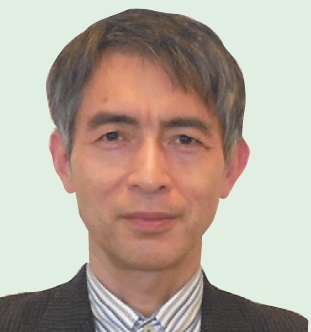
Masahiro NŌCHI
Professor (Curriculum Development of Clinical Psychology);
Affiliated with the Division of Clinical Psychology
One of my primary goals is to establish knowledge rooted in actual field experiences from an interdisciplinary perspective centering on clinical psychology. More specifically, I analyze the narratives of adults with disabilities to clarify characteristics of their experiences and their needs in the rehabilitation process. At the same time, I offer assistance and consultation for the community based on the knowledge. I am also interested in qualitative research methodology in psychology. Collaborating with researchers from other universities, I am trying to form its theoretical basis, organize methods of analysis, and develop educational methods.
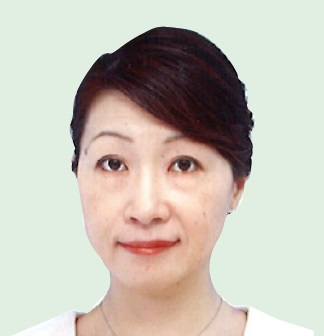
Miho TAKAHASHI
Professor (System Theory and Practice of Clinical Psychology);
Affiliated with the Division of Clinical Psychology
Psychological problems arise not only due to individual factors but also due to social factors within the environment in which the individual lives. Individual problems sometimes reflect social problems. From this view point, I conduct studies to increase understanding of individual psychological problems and develop concrete methods and theories to help individuals, organizations and society. Especially, I focus on mental health problems related to work life, specifically in the areas of problems arising in the workplace, readjustment to working life after a period of absence and dealing with unemployment. In my studies and in my clinical practice, I work to help individuals develop their own life careers and ways to cope with the modern world.
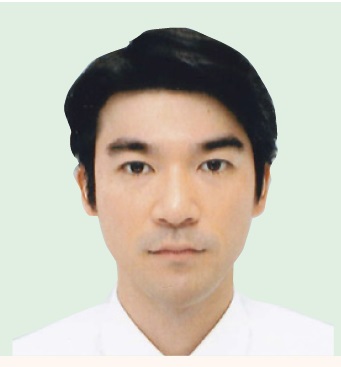
Ryu TAKIZAWA
Associate Professor (Curriculum Development of Clinical Psychology);
Affiliated with the Division of Clinical Psychology
My research interests focus on a better understanding of causes, risk and resilient factors related to health and well-being across the life course and investigating new approaches to early preventive measures in youth. Combining three unique frameworks: 1) life-course developmental research (ex. prospective cohort), 2) biological, neuroscience and epidemiological methods (ex. bio-markers, such as NIRS, fMRI, inflammation, epigenetics) and 3) genetically-sensitive design (ex. family and twin method), my projects focus on early life stress such as maltreatment and bullying victimization as a potential cause and on the resilient factors for mental health as well as physical and cognitive health problems across the life course. I am especially interested in investigating modifiable causal factors that could become targets of intervention and prevention efforts, especially in young people.
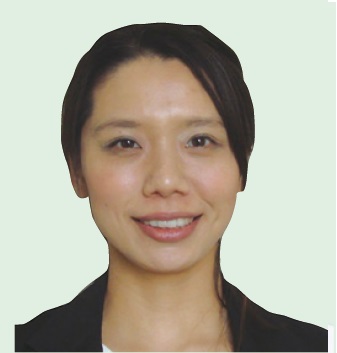
Maiko NONAKA
Lecturer (Developmental Clinical Psychology);
Affiliated with the Division of Clinical Psychology
My research theme is how to support children and their family members struggling something, for their better lives at a future date. As I have studied about early-onset Obsessive Compulsive Disorder and Tic disorders (especially Tourette’s Disorder) from my doctor course, compulsivity and impulsivity are my special interest. I would like to understand their internal experience more and develop the cognitive behavioral intervention program for family members and children themselves to learn how to manage those traits.